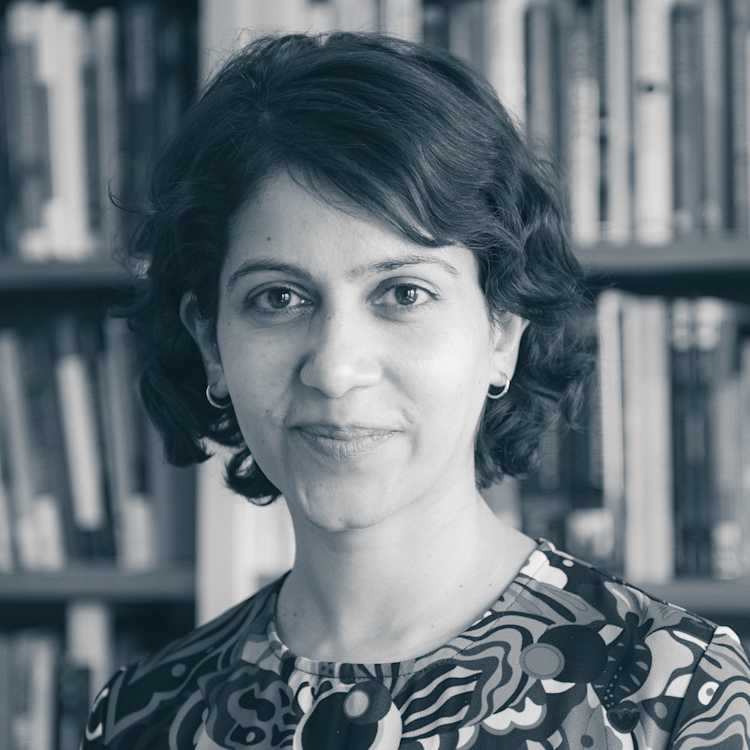- Home
- Research & Transfer
- Research Projects
- Leader Types and (Liberal?) Narratives of the COVID-19 Pandemic
Leader Types and (Liberal?) Narratives of the COVID-19 Pandemic
This project compares decision-makers in the pandemic, with a focus on leaders, health and finance ministers. The role of these ministers is taken into account because much debate has revolved around the issues of life versus livelihoods. It considers the degree to which these persons are “experts” in the relevant policy area. It further investigates the extent to which leaders and ministers referred to scientific expertise and, when they did so, which particular disciplines they relied on.
DFG, 2021-2023
Cooperation Partners
Research Questions
- Is it likely to reinforce liberal norms?
- To what degree is populist and evidence-free rhetoric challenging liberal norms?
Contribution to International Research
The project explores the causal relationships in one particular mechanism, namely the linguistic structure of political communication and persuasion among politicians with relevant disciplinary expertise, other politicians, and voters around the globe. The project measures the degree of engagement with the liberal script in expert rhetoric surrounding decision-making. It is part of the Cluster of Excellence SCRIPTS.
Research Design and Methods
Phase 1: Further development of conceptualization of the liberal script in this policy area.
Critical to guiding the data collection as well as to theorizing more generally about liberal and non-liberal narratives concerning the crisis. Amrita Narlikar (GIGA) has the lead of this phase.
Phase 2: Preparing the data for two datasets
1) COVID version of leadership database in production as of November 2020. Carried out by Mark Hallerberg (Hertie) together with Joachim Wehner (London School of Economics). This new work continues with a focus on leaders but adds health ministers to the dataset. In terms of the variables coded, one dimension concerns formal education. The second dimension concerns professions.
2) Causally annotated set of expert rhetoric, allowing the implementation of deep learning techniques for causality extraction. Coordinated by Slava Jankin. The texts in this dataset will be manually labelled taking into account the many different nuances of causality in text, including causal links between clauses or sentences, causative verbs whose meaning include causal element, resultative constructions, if-then conditionals, and causation adverbs and adjectives.
Phase 3: Analysing datasets
Causality estimates will be used to build a measure of evidence engagement on the level of individual politicians and wider polities. These will then be merged with the first dataset for statistical analysis. This part of the project will be supervised by Dr Hannah Bechara (Hertie School Data Science Lab). Select qualitative in-depth studies that have interviews with decision-makers will be used as part of the validation strategy.


